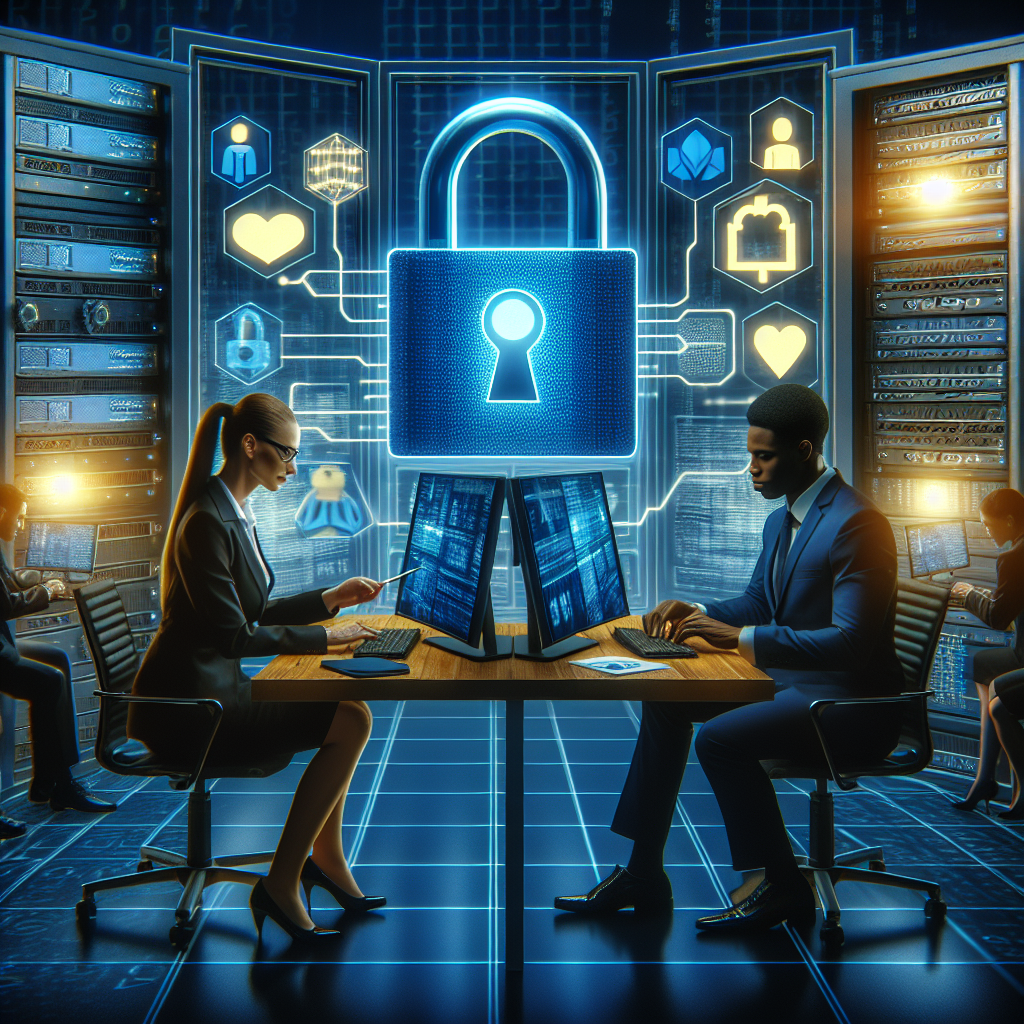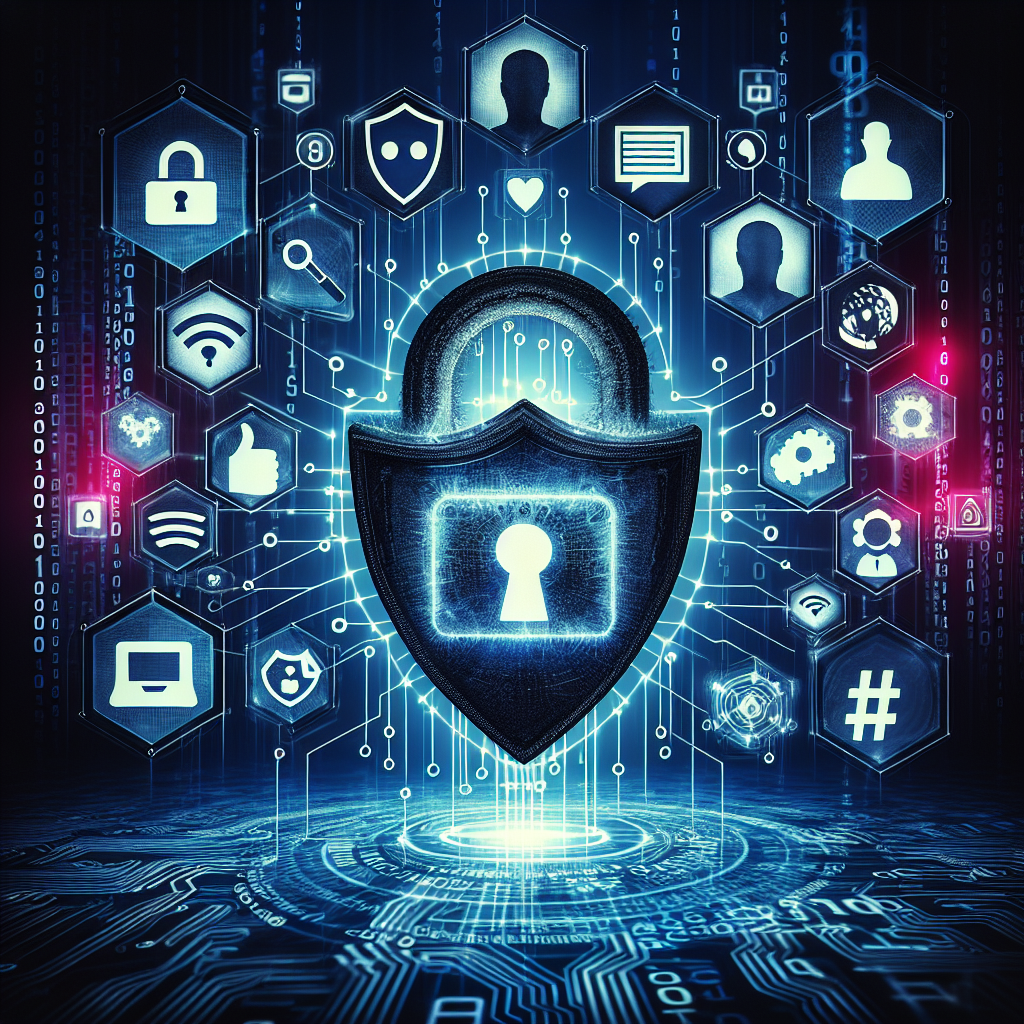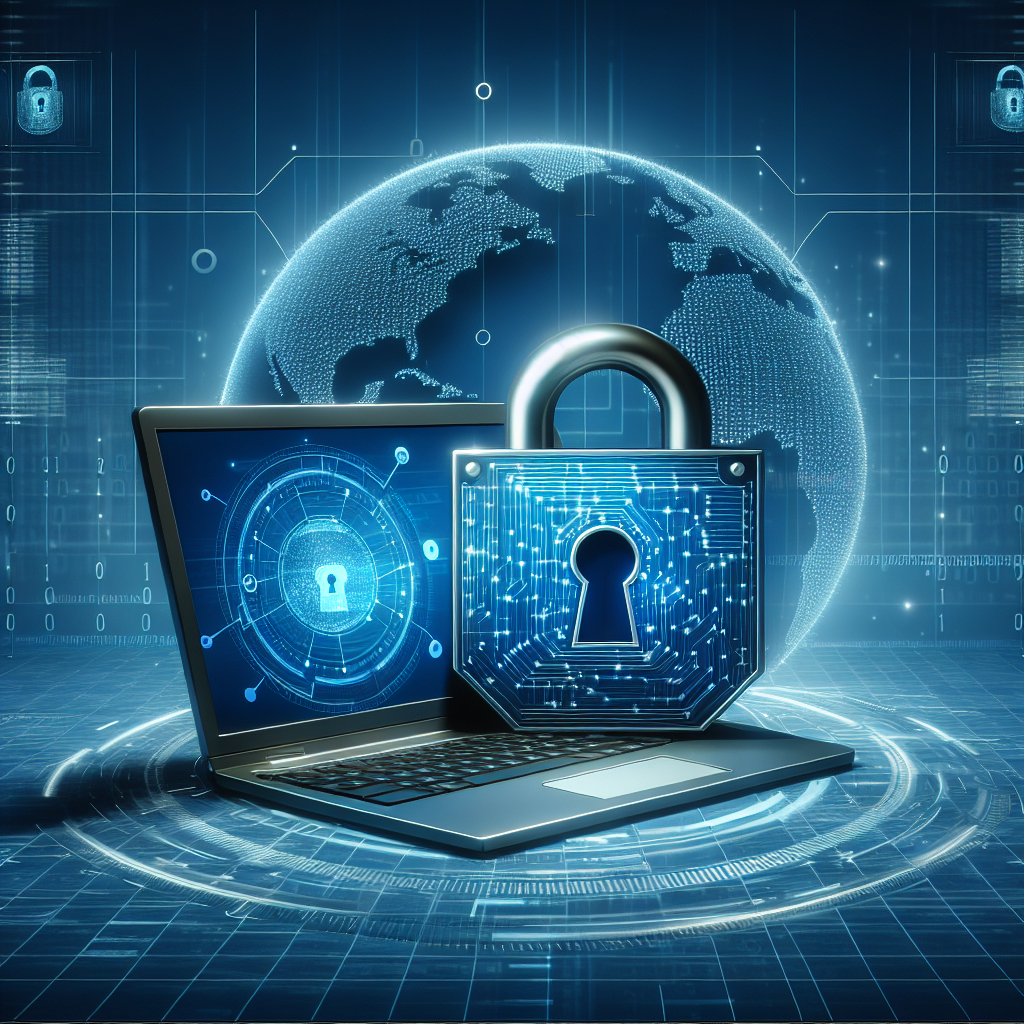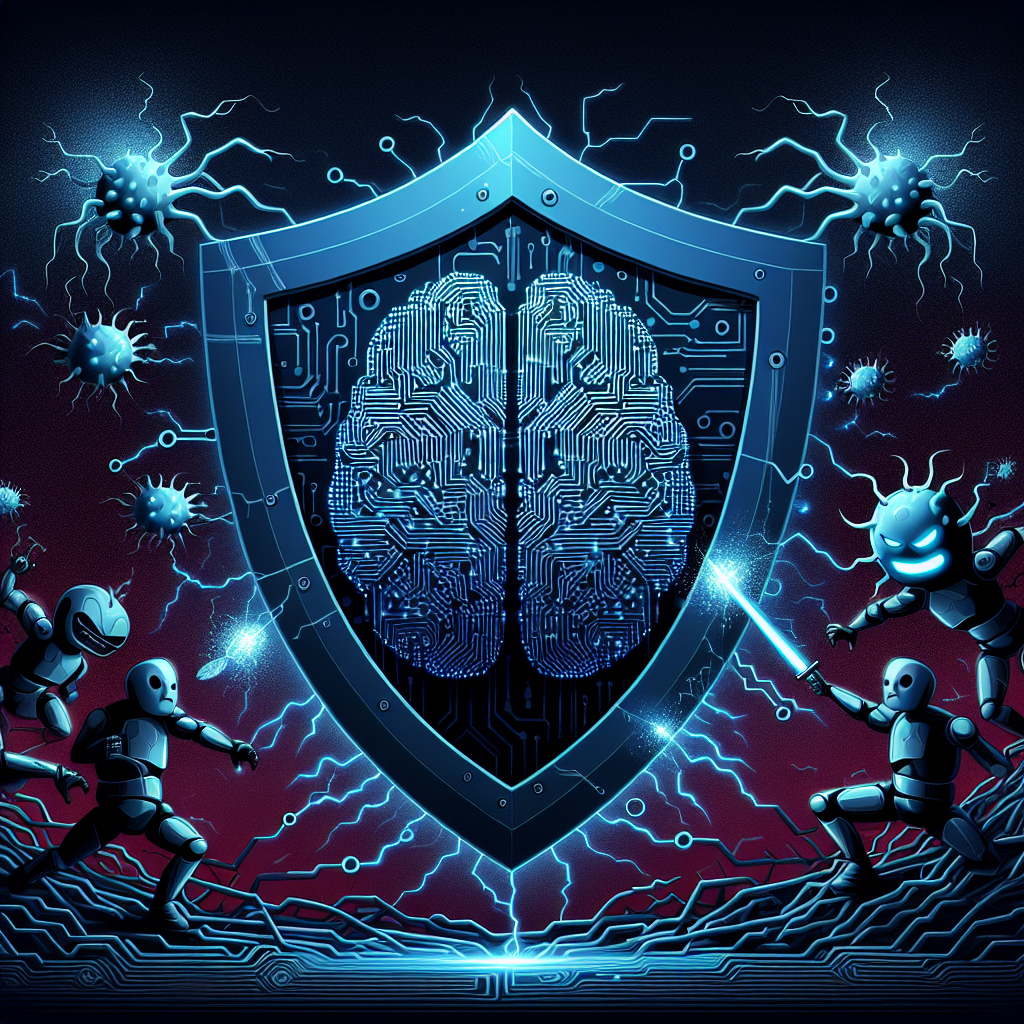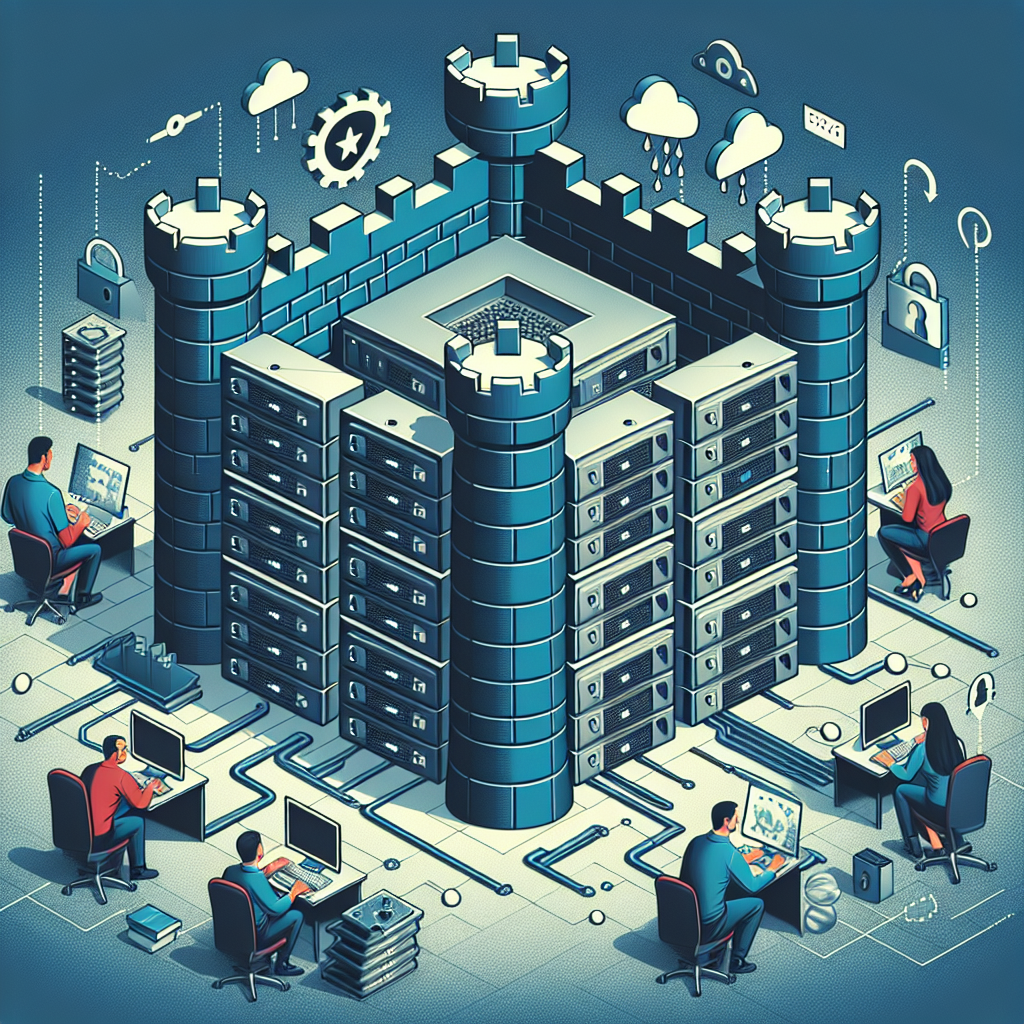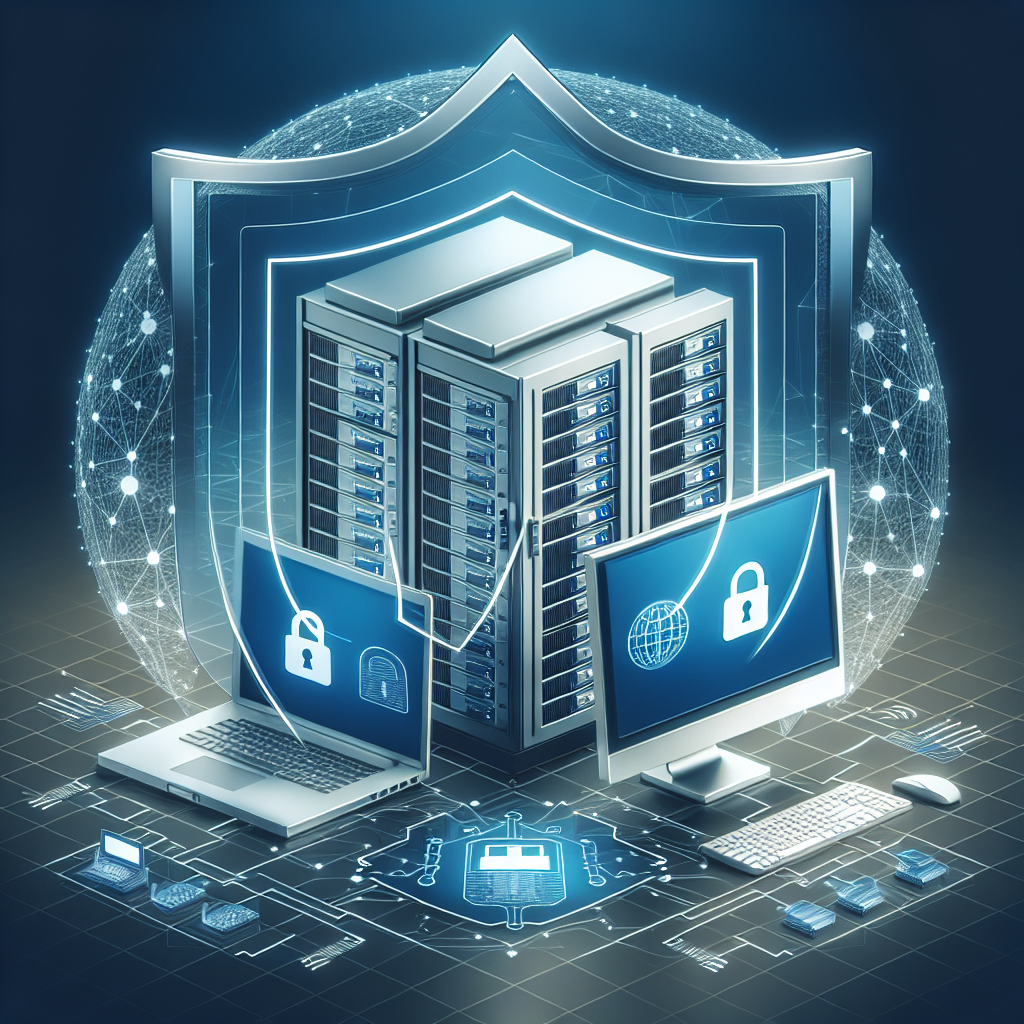In today’s digital age, cybersecurity is more important than ever for businesses of all sizes. With the increasing number of cyber threats and attacks targeting companies, it is crucial for organizations to take proactive measures to protect their sensitive data and information. This is where IT consulting comes in.
IT consulting firms specialize in providing expert advice and guidance on cybersecurity best practices, helping businesses implement robust security measures to safeguard their networks, systems, and data from potential threats. These firms have the expertise and experience to assess an organization’s current security posture, identify vulnerabilities, and recommend solutions to mitigate risks.
One of the key benefits of working with an IT consulting firm is access to a team of professionals who are well-versed in the latest cybersecurity trends and technologies. These experts can help businesses stay ahead of cyber threats by implementing proactive security measures such as firewalls, intrusion detection systems, encryption, and multi-factor authentication.
Additionally, IT consulting firms can provide ongoing monitoring and support to ensure that a business’s security measures are effective and up-to-date. This can help organizations detect and respond to security incidents in a timely manner, minimizing the impact of a potential breach on their operations and reputation.
Furthermore, IT consulting firms can also help businesses comply with industry regulations and standards related to cybersecurity, such as the General Data Protection Regulation (GDPR) and the Payment Card Industry Data Security Standard (PCI DSS). By ensuring compliance with these regulations, organizations can avoid costly fines and penalties for data breaches.
In conclusion, cybersecurity and IT consulting are essential for protecting businesses from cyber threats. By partnering with an IT consulting firm, organizations can strengthen their security posture, reduce the risk of data breaches, and ensure compliance with industry regulations. Investing in cybersecurity is not only a smart business decision but also a necessary one in today’s digital landscape.
